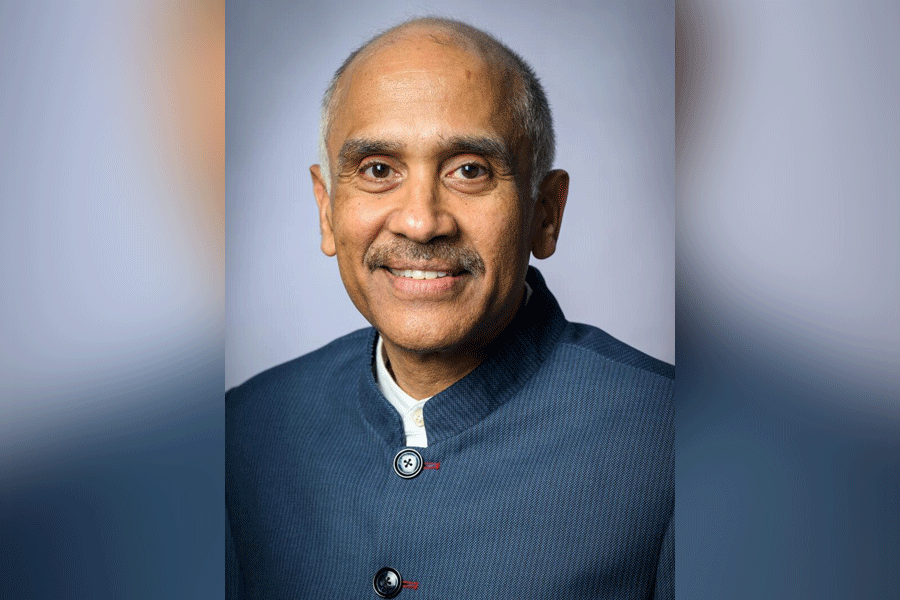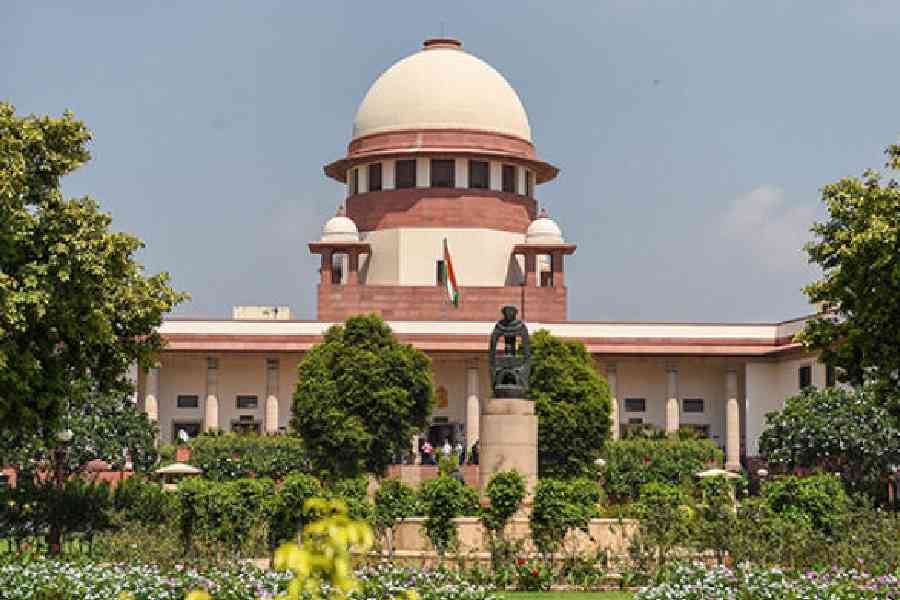Shillong, March 4: The Seng Khasi Seiñ Raij has reiterated its demand to recognise those people of the Khasi and Jaintia community of Meghalaya who profess Niam Khasi and Niam Tre as "minorities" in the state.
The reiteration was made by the coordination committee of the Seng Khasi Seiñ Raij in a petition to governor Banwarilal Purohit yesterday.
The practitioners of the Niam Khasi and Niam Tre constitute about 8.7 per cent of the state's population, according to the 2011 Census. Meghalaya has a population of more than 30 lakh.
Niam Khasi and Niam Tre refer to the indigenous faiths while Seng Khasi Seiñ Raij is a socio-cultural and religious organisation in the Khasi and Jaintia hills.
Stating that the population of the practitioners of the Niam Khasi and Niam Tre indicates that it is eligible to be declared as a "minority community based on religion", the committee reminded the governor that the demand has remained unfulfilled since 2009.
In the petition, the committee pointed out that under the Constitution, in Article 29(1) and 29(2), any section of citizens residing in the territory of India or any part thereof having a distinct language, script or culture of its own shall have the right to conserve the same and no citizen shall be denied admission into any educational institution maintained by the state or receiving aid out of state funds on grounds only of religion, race, caste, language or any of them.
The committee also stated that under the mandate of Article 30(1) of the Constitution, minorities are based on religion or language whereby the expression "minorities" based on religion attracts three elements, namely the existence of a minority, it being based on a religion and the basis being religion in the sense in which the word used in Article 30(1).
It further cited that after the passing of the National Commission for Minorities (NCM) Act, 1992, to look after the welfare of the minority communities, the Centre, by notification dated October 23, 1993, had declared Muslims, Christians, Sikhs, Buddhists and Zoroastrians (Parsis) as minority communities on a nationwide basis.
The committee pointed out that based on the TMA Pai Foundation versus state of Karnataka judgment, the Niam Khasi and Niam Tre fall within the meaning of Articles 29(1), 29(2) and 30(1).
"However, the status of religious minorities in Meghalaya is still being considered, and taken on a nation-wise basis and not on a state-wise basis," the committee added.
In the memorandum, the representatives pointed out that in view of the state government's stand, "severe inequality" has been created as schemes and educational grants that have been earmarked for the minority are enjoyed by the majority population, to the exclusion and detriment of the real minority.
It also said while Khasis and Jaintias who have converted to Christianity are recognised as Scheduled Tribes as well as minorities, those professing the indigenous faiths are recognised only as Scheduled Tribes in spite of them being the "real minority" in the state.
"The case of the Niam Khasi-Niam Tre has become acute and needs immediate attention as this minority will continue being denied constitutional and other legal safeguards, including privileges in a multi-religious secular India," the committee said.











